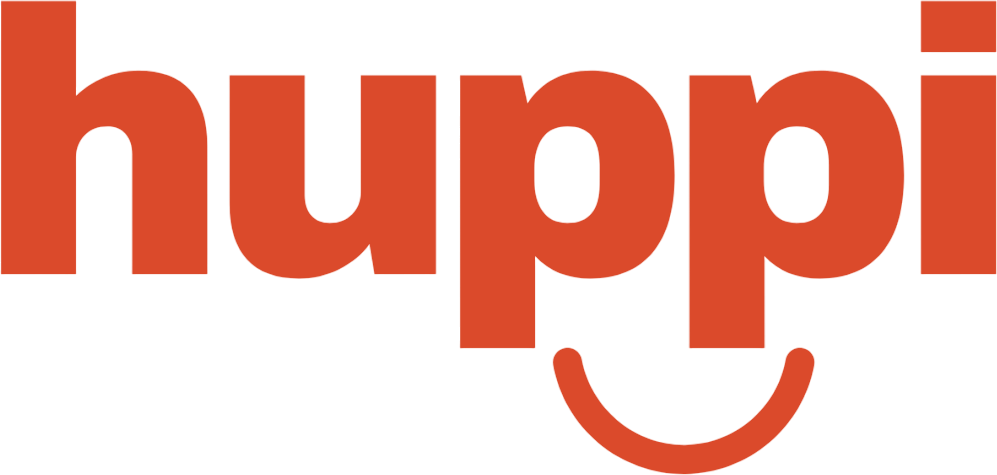Accounting Tips for Freelancers: Keep Your Books Simple and Clean

Freelancing gives you freedom — the freedom to choose your clients, set your schedule, and work from anywhere with decent Wi-Fi. But that freedom also comes with a little fine print: you're now the accountant, bookkeeper, and tax department, all rolled into one.
If that sounds intimidating, don't worry. Keeping your books clean doesn't have to mean hours of number-crunching or hiring a pricey accountant from day one. With the right systems (and a few smart habits), you can stay organised, stay compliant with SARS, and save yourself a ton of stress come tax season.
Why Clean Books Matter for Freelancers
Whether you're a designer in Cape Town, a content writer in Durban, or a developer in Jozi, one thing is true: messy books cost you time, money, and opportunities. Here's why keeping things organised matters:
- Save time: No more digging through emails or WhatsApp chats to find a missing invoice.
- Better cash flow: Know exactly what's coming in and going out, making it easier to plan for slow months.
- Stress-free SARS compliance: Filing returns is quick and painless when income and expenses are tracked neatly.
- Business growth: Clean books help you spot trends, set realistic rates, and plan for growth.
Tip #1 – Track Income Consistently
Your first mission? Know exactly what you're earning, and when. This doesn't need to be fancy. Start with one of these methods:
- Google Sheets or Excel: Create a simple spreadsheet with columns for client name, project, date, amount, and payment status.
- Freelance-friendly apps: Tools like Huppi's free invoice generator can double as trackers when you keep a copy of every invoice issued.
- Accounting software: Apps like Xero or QuickBooks integrate with your bank accounts to automate tracking.
Pro tip: Block 15 minutes every Friday to update your tracker. Consistency is key, and this small habit will save you hours later.
Tip #2 – Manage Invoices Like a Pro
Invoices are the lifeblood of your freelance business. Here's how to make invoicing stress-free:
- Number invoices sequentially — keeps records tidy and payments easy to track.
- Include all basics: your name, business name, contact details, banking details, and service breakdown.
- Set clear payment terms — e.g., "Payable within 7 days."
- Store backups — save PDFs to Google Drive or Dropbox.
Huppi's free invoice generator is perfect for freelancers who want SARS-compliant invoices in minutes.
Tip #3 – Stay Tax-Ready with SARS
Here's the truth: SARS doesn't care that you're a freelancer — you're still expected to stay compliant. With the right approach, tax season doesn't have to be terrifying:
- Understand provisional tax: Freelancers earning more than R30,000/year must register and pay provisional tax twice yearly. See SARS provisional tax guidance.
- Track deductible expenses: Home office, Wi-Fi, data, equipment, software, and coffee shop meetings count.
- Submit early: Avoid penalties using SARS eFiling.
Need step-by-step help? Read our tax compliance guide for freelancers.
Tip #4 – Separate Personal and Business Finances
Mixing personal and business transactions is chaos. Open a dedicated bank account for your freelance business:
- Simplifies reconciliation.
- Makes income clear for loans or proof of income.
- Keeps business expenses separate from personal spending.
Tip #5 – Keep Things Simple
Don't overcomplicate your finances. Focus on clarity, not perfection:
- Start with one spreadsheet for income and expenses.
- Use templates for recurring invoices.
- Do a weekly 10-minute check-in to update records.
- Consider outsourcing to an accountant only when income grows.
For more tips, read how to automate admin tasks as a freelancer.
Tools & Resources for South African Freelancers
- Huppi Free Invoice Generator – Quick, SARS-compliant invoices.
- SARS eFiling – Submit your returns online.
- Xero or QuickBooks – Automated bookkeeping for multiple clients.
- Google Drive / Dropbox – Securely store invoices and receipts.
- Budgeting apps like 22seven or YNAB – Track personal & business cash flow.
FAQs
How do freelancers in South Africa handle tax? By registering as a provisional taxpayer and submitting returns twice a year. Tools like Huppi and a simple tracker make it manageable.
What expenses can freelancers deduct? Anything work-related: home office, data, Wi-Fi, equipment, travel, professional fees.
Do I need an accountant? Not always. Start simple with spreadsheets or Huppi, and hire a professional as your business grows.
What's the easiest bookkeeping method for beginners? One spreadsheet and weekly updates. Add automation or software later if needed.
The Bottom Line
Clean books = less stress, better decisions, and smoother tax season. You don't need to be an accounting expert — start small, stay consistent, and use tools to simplify admin.
Next Steps
- Start with Huppi's free invoice generator.
- Read our guide on automation for small businesses to save hours weekly.
Keeping your books clean isn’t just about compliance — it’s about creating clarity and confidence in how you run your freelance business. And with the right tools and guidance, that’s 100% achievable.
